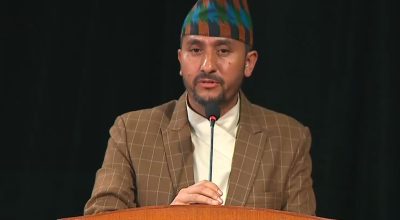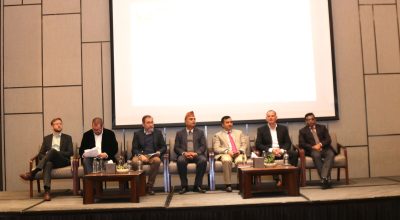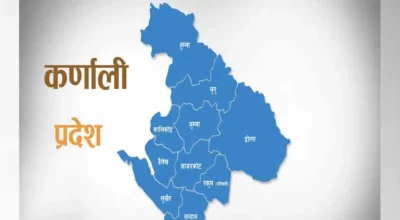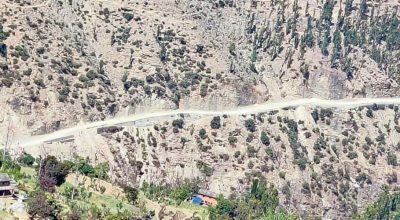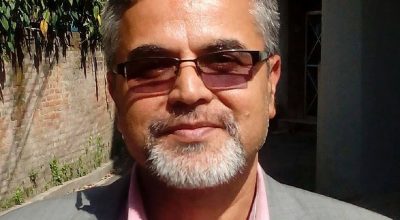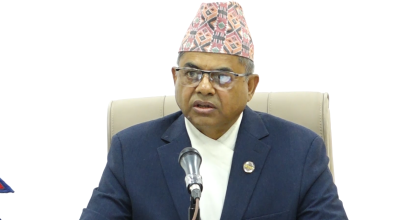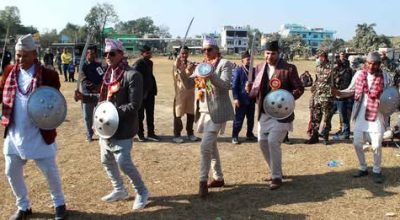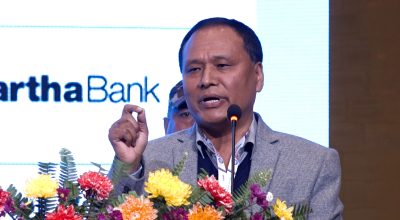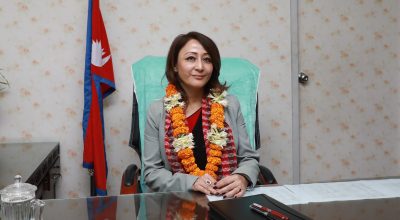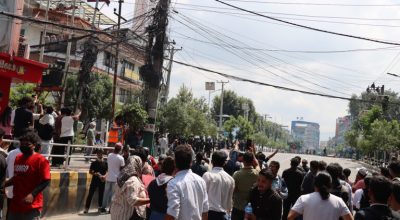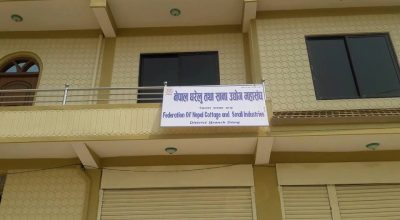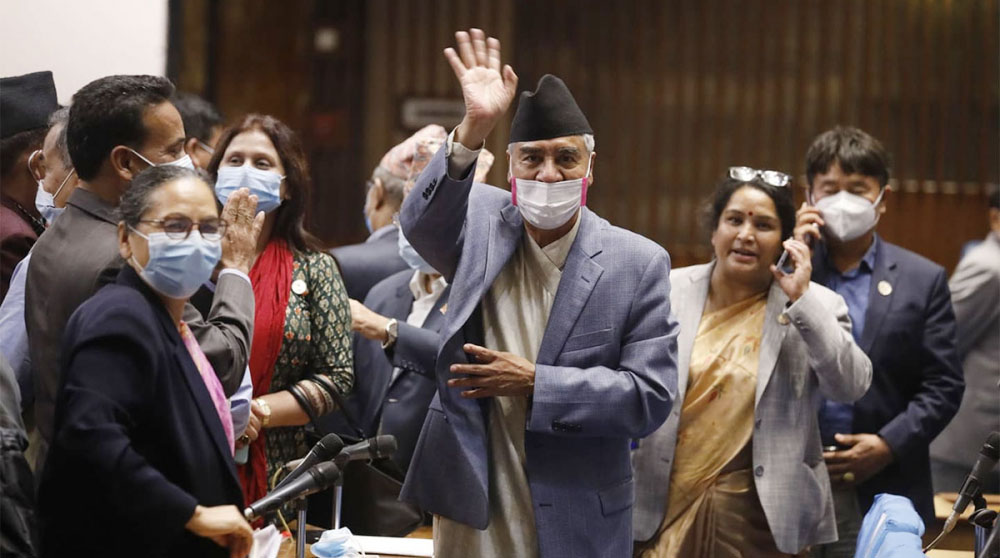
CB Adhikari/RSS
KATHMANDU: Two months have elapsed since Nepali Congress (NC) President Sher Bahadur Deuba took the rein of the government in the special circumstances of the country.
Though the duration of 60 days is not adequate to make big achievements, it is of course the time to show indication the country is moving towards stability from the prevailing uncertainty and instability. The responsibility however rests on Prime Minister Deuba.
At a time when the COVID-19 pandemic has taken its toll in multiple sectors of the country, it is not easy for the government to deliver. NC President Deuba was appointed the Prime Minister on last July 13 on the backing of the five-party coalition. Besides, pandemic, the country was also facing unprecedented incidents of natural disaster when the incumbent government was in the making.
Despite the difficult situation, the Deuba-led government has made some reformative works in favour of the people during the formative time of two months.
Minister for Law, Justice and Parliamentary Affairs Gyanendra Bahadur Karki, also the government spokesperson, claimed that the incumbent government has emphatically taken ahead the actions to propel people’s welfare and national interest amidst complicated situation.
He said that there is no option but to engage in the campaign of national prosperity by easing the coronavirus-battered daily livelihood of the people and revitalizing the country’s economy. There was high people’s expectation from the new government but the time is not adequate to judge the government in two months, Minister Karki further noted. Nevertheless, the government has initiated some works to rekindle the hope of the people, he claimed
Minister Karki further said, “No doubt the coalition government has its limitations. We cannot work only being based on own party manifesto in a unilateral manner. There is a situation is to move ahead by bring all political forces together. The government has already initiated working in favour of the people amidst limited resources and means”.
Priority for prevention, control and treatment of coronavirus
The Deuba-led government has laid emphasis on the prevention, control and treatment of coronavirus and now the coronavirus infection has gradually come under control. Soon after gaining the vote of confidence in the parliament, Prime Minister Deuba had announced to work to protect all Nepalis from COVID-19 pandemic. The government is in preparation to provide vaccine against COVID-19 to 21.75 million people within mid-April.
Four million doses of vaccine for children ensured
The government has also ensured vaccines for children below 18 years. It is confirmed that the country would receive four million doses of Moderna vaccine against COVID-19. The decision to make coronavirus vaccine available to one-third population within October 17 and to all citizens within April 13, 2022 has boosted people’s hope and faith towards the incumbent government.
Package for corona affected
It has also come up with special package to revive the coronavirus-hit economy. The government has laid emphasis on the rescue and relief operations to protect the lives of the people affected by flood, landslide and inundation as well as the reconstruction of the damaged property. The collation government has brought a common programme to adopt foreign policy to promote national interests and welfare of the people. These activities have shown the government’s seriousness towards the issues of national welfare and people’s concern.
Facilities to citizens in health service
The Health Ministry is effortful in resolving problems seen in hospitals. The government’s decision of providing monthly allowance of Rs 5,000 to patients suffering from cancer, kidney and spinal injury is another good decision.
Appointment to the competent
The incumbent government has been found working in a way to address the people’s aspirations. A process has been forwarded to appoint competent persons in crucial positions. Appointments of Dr Bishwo Raj Poudel as Vice-President of National Planning Commission and Kulman Ghising as Executive Director of Nepal Electricity Authority are some examples of recognizing competency of the professionals.
Treatment to the injured and employment to families
The incumbent government has initiated several pro-public actions through replacement appropriation bill. An arrangement of treatment to those injured in different movements, and employment to a member of such family has been made. Smooth supply of daily essential goods like salt, sugar, rice, medicine, fertilizer in remote areas has been made. The government has also decided to reconstruct Tri Chandra College and Ghanta-Ghar in its original form.
The incumbent government is at work to strengthen and strike balanced relations with neighbouring India and China, it has been said. During the time since the formation of the government two months ago, the foreign affairs department chief of the ruling Bharatiya Janata Party of India visited Nepal and met with PM Deuba and leaders of opposition parties.
The government formed a committee to investigate into the incident wherein a Nepali man died after falling off a rope way in Darchula district. The Seema Suraksha Bal, Indian border security force, has been accused of a hand in the death. It allegedly snapped the rope, thus leading to his death.
The Committee concluded a hand of the Indian border security force in the incident. Following this, the government to this effect has sent a diplomatic note to the Government of India while it has announced ‘decent’ reliefs to the deceased’s family. The government has initiated efforts on the MCC project.
On the matter, a MCC representative recently visited Nepal to take stock of the progress of the project. During her visit, she met and discussed the matter with leaders of ruling parties and opposition ones. The government has said that an environment for forging a national consensus on the matter and getting it passed through the parliament was being made.
However, the Cabinet has yet to be expanded even two months after the formation of the five-party coalition government.
In a setback, the government has faced a ‘budget holiday’, a situation in which a government cannot spend from the state coffer, as it failed to get the ordinance budget passed by the parliament within the deadline.
The erstwhile government on May 29 announced the annual budget for the fiscal year, 2021/22 through an ordinance. It requires endorsing an ordinance from the parliament within 60 days, which ended on September 15.





